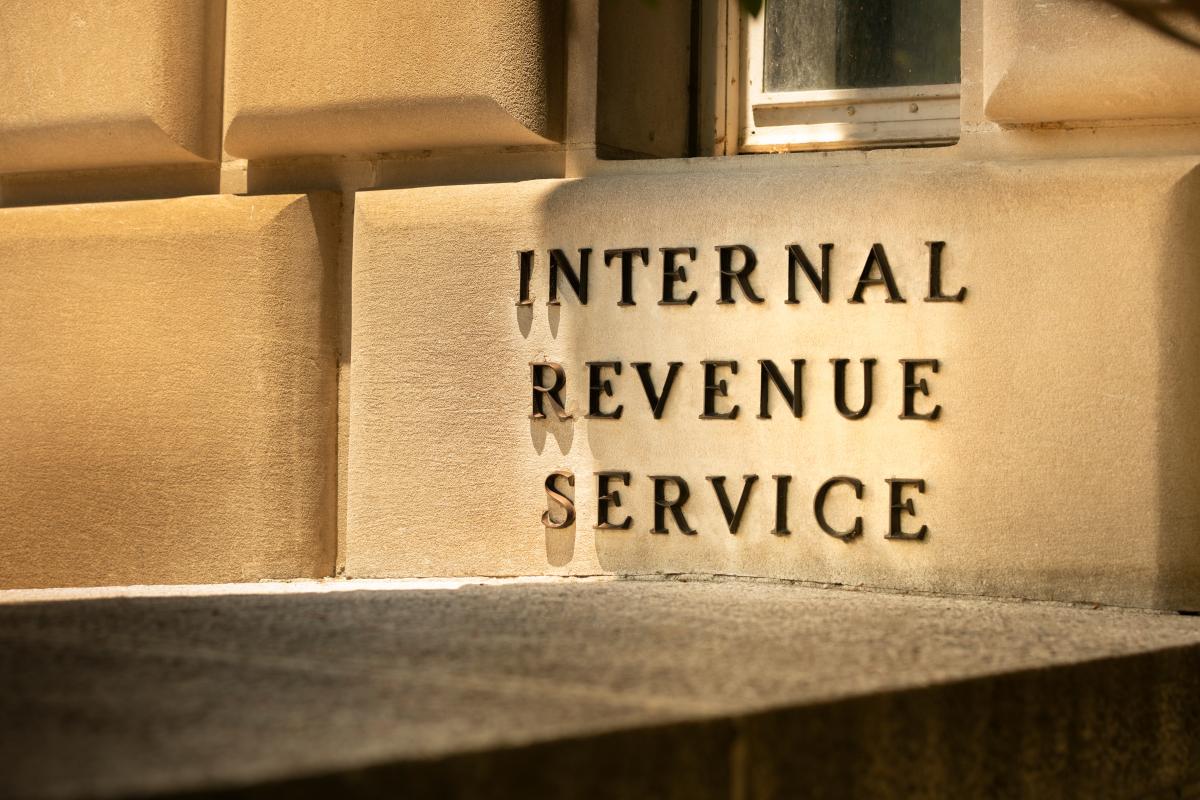 The Treasury Department and IRS recently released their updated 2022-2023 Priority Guidance Plan showing that additional guidance on the SECURE Act, missing participants and student loan payments are among the priorities, while President Biden announced his intent to nominate a new IRS Commissioner.
The Treasury Department and IRS recently released their updated 2022-2023 Priority Guidance Plan showing that additional guidance on the SECURE Act, missing participants and student loan payments are among the priorities, while President Biden announced his intent to nominate a new IRS Commissioner.
The updated Treasury/IRS plan released Nov. 4 sets forth guidance priorities for the 12-month period from July 1, 2022, through June 30, 2023 (the plan year). While the projects will be the focus of the department’s efforts during the plan year, the plan does not provide any deadline for completing the projects.
Overall, the plan contains 205 regulatory guidance projects, with slightly more than 30 relating to retirement benefits, executive compensation, and other benefits. Many of these projects do not necessarily involve the issuance of new regulations, but instead provide guidance through other means, such as:
- notices, revenue rulings and revenue procedures;
- amendments to existing regulations; and
- revocations of final, temporary proposed regulations.
Retirement Projects
In the retirement benefits section, the plan lists 21 priority guidance projects; the section on executive compensation, health care and other benefits includes an additional 12 projects. And while some new projects were added, others were removed as they are no longer considered priorities for purposes of allocating resources during the 2022-2023 plan year, Treasury and IRS explain.
Among the retirement-related projects on the Treasury/IRS priority guidance plan are the following:
- Regulations under Section 72(t) relating to the 10% additional tax on early distributions.
- Regulations and related guidance under Sections 219, 408, 408A, and 4973 and related guidance under Section 408(m).
- Final regulations on the application of the normal retirement age regulations under Section 401(a) to governmental plans (proposed regulations were published in 2016).
- Regulations relating to the timing of the use or allocation of forfeitures in qualified retirement plans (this appears to be a new item).
- Regulations updating electronic delivery rules and other guidance for providing applicable notices and making participant elections.
- Final regulations relating to SECURE Act modifications to Section 401(a)(9) and addressing other issues under Section 401(a)(9) (proposed regulations were published on Feb. 24, 2022).
- Regulations relating to SECURE Act modifications to certain rules governing Section 401(k) plans.
- Guidance on student loan payments and qualified retirement plans and Section 403(b) plans.
- Regulations and related guidance on closed defined benefit plans and related matters (proposed regulations were published in 2016).
- Guidance on missing participants, including guidance on uncashed checks.
- Final regulations and related guidance on the exception to the unified plan rule for Section 413(e) multiple employer plans (proposed regulations were published on March 28, 2022).
- Final regulations under Section 417(e) that update the minimum present value requirements for DB plans (proposed regulations were published in 2016).
- Regulations on mortality tables used to determine present value under Section 430 for single-employer DB plans (proposed regulations were published on April 28, 2022).
- Regulations on the definition of governmental plan under Section 414(d) and on the definition of church plan under Section 414(e).
- Regulations relating to the reporting requirements under Section 6057 (proposed regulations were published in 2012).
- Guidance updating electronic filing requirements for employee benefit plans to reflect changes made by the Taxpayer First Act.
IRS Nominee
Meanwhile, President Biden on Nov. 10 announced his intention to nominate Daniel Werfel to serve as the next IRS Commissioner, replacing Charles Rettig whose five-year term is ending this week.
Werfel has served in a variety of roles in the federal government and private sector. He currently is a Managing Director and Partner at Boston Consulting Group, where he runs the firm’s global public sector practice, focusing on all aspects of organizational change for a variety of firms around the world.
In 2009, he was nominated by President Obama to be the Controller of the Office of Management and Budget (OMB), a post he served in for four years before becoming Acting Commissioner of the IRS in 2013. He began his career at OMB in 1997 as a policy analyst in the Office of Information and Regulatory Affairs. He holds a bachelor’s degree from Cornell University, a JD from the University of North Carolina, and a master’s degree in public policy from Duke University.
The announcement was welcomed by current House Ways and Means Committee Chairman, Rep. Richard Neal (D-MA). “Mr. Werfel will be charged with fulfilling the promise of the Inflation Reduction Act, and finally doing away with our two-tiered tax system that has allowed the wealthy and well-connected to follow one set of rules while everyone else follows another,” Neal said in a statement. “Guided by his prior IRS and private sector experience, he will be able to hit the ground running, and I look forward to working with him. This nomination is critical to the nation’s faith and trust in the IRS, and I urge the Senate to take this up as soon as possible.”

